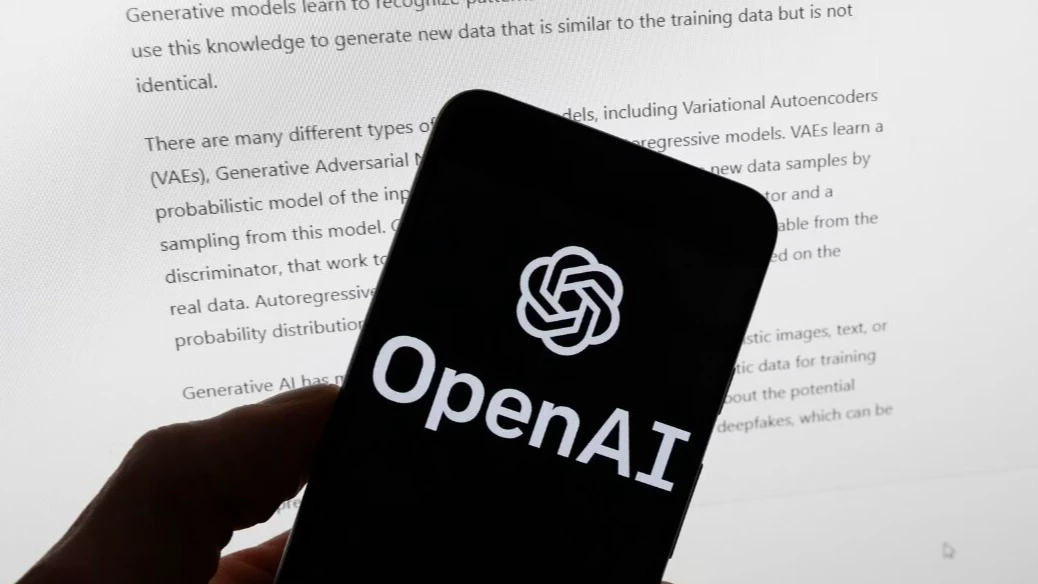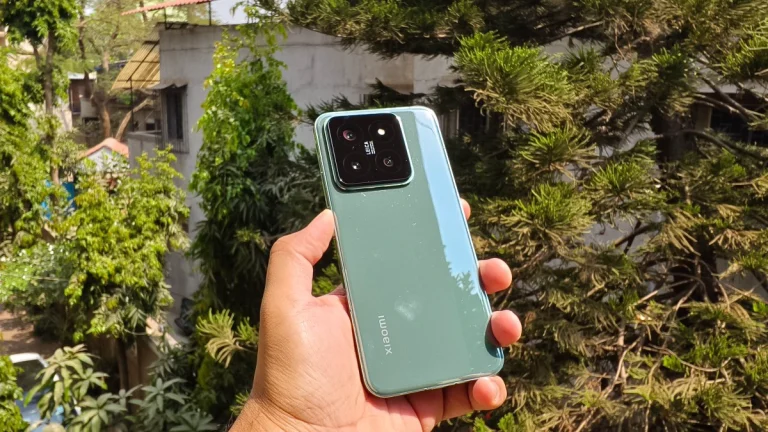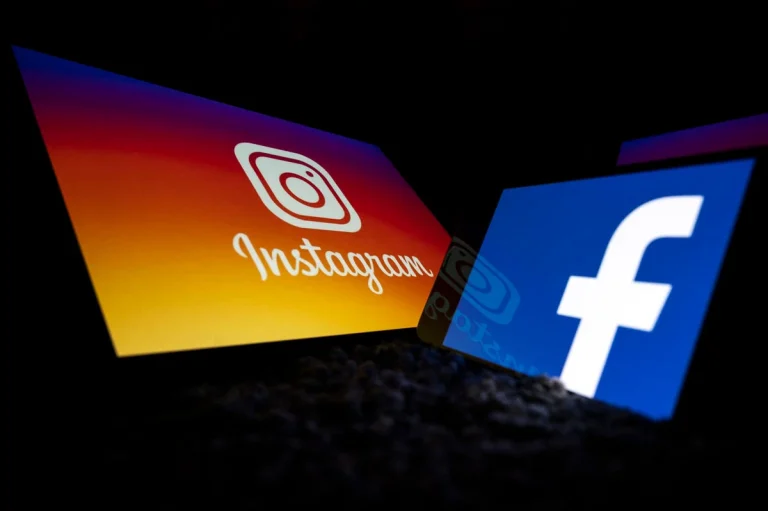OpenAI challenges New York Times’ allegations of copyright infringement in court

In a legal battle unfolding in the US District Court in southern New York, OpenAI has moved to counter allegations put forth by The New York Times regarding copyright infringement.
OpenAI contends that the renowned publication employed what it terms as “deceptive prompts” to manipulate ChatGPT, OpenAI’s language model, into reproducing its content. The tech firm is now seeking the dismissal of multiple claims asserted by The Times in its copyright infringement lawsuit.
Central to OpenAI’s defence is the assertion that The Times exploited a known bug within the system, an issue which OpenAI asserts it is actively addressing. The company further alleges that The Times directly fed articles into ChatGPT, prompting it to generate verbatim passages, a practice it argues is not typical usage of its products. OpenAI cites a specific Times article from April 2023 as evidence, titled “35 Ways Real People Are Using A.I. Right Now,” aligning with arguments previously presented by the company in a public response earlier in January.
Responding to these claims to The Verge, Ian Crosby, lead counsel for The Times, refuted the characterisation of the publication’s actions as a “hack,” instead asserting that they were simply utilising OpenAI’s products to investigate potential copyright infringements. Crosby highlighted that OpenAI does not contest the unauthorised reproduction of Times’ works within the statute of limitations.
The legal dispute stems from The Times’ lawsuit against OpenAI and Microsoft, filed in December, alleging that the companies trained their AI models using Times’ content, enabling their chatbots to replicate stories verbatim. The lawsuit posits that this practice not only undermines The Times’ revenue but also jeopardises its relationship with its audience.





